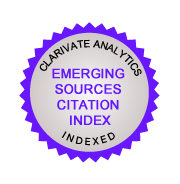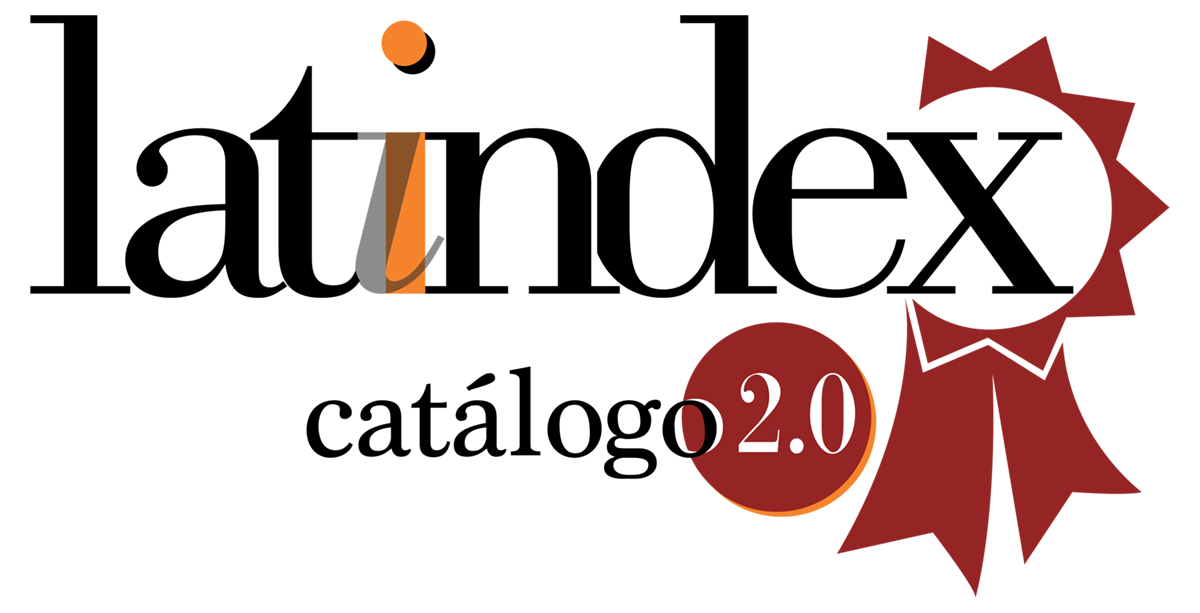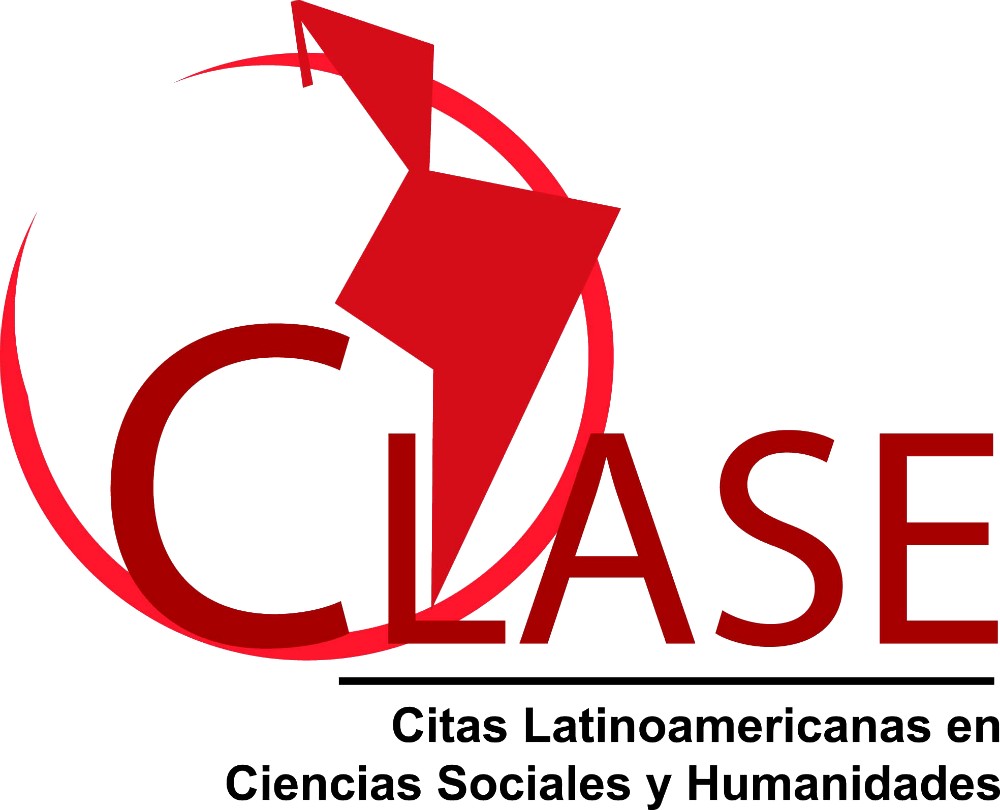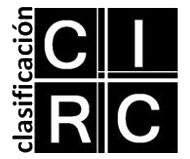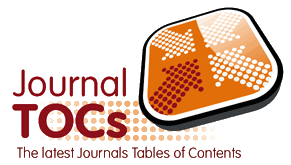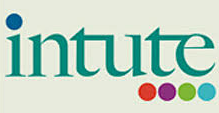Leaving the discourse on the “crack” behind. How to increase trust among Argentines?
DOI:
https://doi.org/10.24215/16696581e262Keywords:
social trust, political trust, political cultureAbstract
After discussing the reasons for the narrative on the “crack” and the source of potential social and political tensions that the current globalization model represents today for democracies such as Argentina, the article examines the main lines of research on the nature, causes and effects of social and political trust. Based on data from the World Values Survey (WVS) and Latinobarómetro, the work analyzes the two types of trust among Argentines in an international comparative perspective and their evolution over the past two decades. Using a battery of regression models that predict different forms of social trust in Argentine society, general public policy guidelines are proposed. A balanced development, with universalistic policies that promote equality; an impartial, effective and transparent institutional system and state apparatus that sanction non-cooperative behaviors, and responsive political leaders, are ways to gradually raise social and political trust and break the vicious circles that have kept them depressed for decades.
Downloads
References
Bjørnskov, C. y Svendsen, G. T. (2013). Does social trust determine the size of the welfare state? Evidence using historical identification. Public Choice, 157, 269– 86.
Bosco, A. y Verney, S. (2012). Electoral Epidemic: The Political Cost of Economic Crisis in Southern Europe, 2010–11. South European Society and Politics, 17(2), 129–54.
Carlin, R. E. y Love, G. J. (2016). Political Competition, Partisanship and Interpersonal Trust in Electoral Democracies. British Journal of Political Science, 48, 115–139.
Delhey, J. y Newton, K. (2003). Who Trusts? The Origins of Social Trust in Seven Societies. European Societies, 5(2), 93–137.
Delhey, J. y Newton, K. (2005). Predicting Cross-National Levels of Social Trust: Global Pattern or Nordic Exceptionalism? European Sociological Review, 21(4), 311–327.
Delhey, J. Newton, K. y Welzel, C. (2011). How General is Trust in “Most People”? Solving the Radius of Trust Problem. American Sociological Review, 76(5), 786–807.
Delhey, J. y Welzel, C. (2012). Generalizing Trust: What Extends Trust from Ingroups to Outgroups? World Values Research, 5(3), 45–69.
Easton, D. (1965). A Framework for Political Analysis. Englewood Cliffs: Prentice-Hall.
Freitag, M., y Buhlmann, M. (2009). Crafting trust: The role of political institutions in a comparative perspective. Comparative Political Studies, 42(12), 1537–66.
Fiorina, M.P. y Abrams, S.J. (2008). Political Polarization in the American Public. Annual Review of Political Science, 11, 563-568.
Gertz, G. y Kharas, H. (eds.) (2019). Beyond Neoliberalism. Insights from Emerging Markets. Washington: Brookings Institution.
Glanville, J. L., Andersson, M. A. y Paxton, P. (2013). Do social connections create trust? An examination using new longitudinal data. Social Forces, 92(2), 545–62.
Haselmayer, M. (2019). Negative campaigning and its consequences: a review and a look ahead. French Politics,17(3), 355–72.
Huber, E. y Stephens, J. D. (2012). Democracy and the Left. Social Policy and Inequality in Latin America. Chicago: The University of Chicago Press.
Inglehart, R. F. y Welzel, C. (2005). Modernization, Cultural Change, and Democracy. Cambridge: Cambridge University Press.
Inglehart, R. (2016). Inequality and Modernization. Foreign Affairs, 95(1): 2-10.
Inglehart, R. F. (1999). Trust, well-being and democracy. En Warren, M. (ed.) (pp. 88-120), op. cit
Jorge, J. E. (2018a). Ni “grieta” ni “degradación moral”: un contraste empírico del relato político en Argentina. Question, 1(59), 1-33.
Jorge, J.E. (2018b). Valores Democráticos para Tiempos de Crisis. Hallazgos de dos Teorías. Question, 1(57), 1-33.
Jorge, J.E. (2017). Estado de Derecho y Valores Democráticos. Las Direcciones del Cambio Cultural. Question, 1(54), 172-206.
Jorge, J.E. (2016a). La Confianza Interpersonal Revela sus Misterios. ¿La Partícula de Dios? Question, 1(52), 143-74.
Jorge, J.E. (2016b). Teoría de la Cultura Política. Enfocando el Caso Argentino. Question, 1(49): 300-21.
Jorge, J.E. (2015). La Cultura Política Argentina: una Radiografía. Question, 1(48): 372-403.
Jorge, J.E. (2010). Cultura Política y Democracia en Argentina. La Plata: Edulp.
Kuttner, R. (2018). Can Democracy Survive Global Capitalism? New York: W. W. Norton & Company.
Levendusky, M. (2009). The Partisan Sort. Chicago: The University of Chicago Press.
Levendusky, M. y Malhotra, N. (2016). Does Media Coverage of Partisan Polarization Affect Political Attitudes? Political Communication, 33(2), 283–301,
Lewis-Beck, M. S. y Costa Lobo, M. (2017). The Economic Vote: Ordinary vs. Extraordinary Times. En Arzheimer, K., Evans, J. y Lewis-Beck, M. S. (eds.) (pp. 606-29). The SAGE Handbook of Electoral Behaviour. Thousand Oaks: SAGE.
Listhaug, L. y Jakobsen, T. G. (2018). Foundations of Political Trust. En Uslaner, E. M. (ed.) (pp. 559-77), op. cit.
Liu, C. y Stolle, D. (2017). Social capital, civic culture and political trust. En Zmerli, S. y Van der Meer, T. W. G. (pp. 338-52), op. cit.
Mason, L. (2015). “I Disrespectfully Agree”: The Differential Effects of Partisan Sorting on Social and Issue Polarization. American Journal of Political Science, 59(1), 128–145
Mounk, Y. (2018). The People vs. Democracy. Cambridge: Harvard University Press.
Nannestad, P. (2008). What have we learned about generalized trust, if anything? Annual Review of Political Science, 11(1), 413–436.
Newton, K., Stolle, D. y Zmerli, S. (2018). Social and Political Trust. En Uslaner, E. (ed.) (pp. 37-56), op. cit.
Newton, K. y Zmerli, S. (2011). Three forms of trust and their association. European Political Science Review, 3(02), 169–200.
Newton, K. y Norris, P. (2000). Confidence in public institutions. Faith, culture, or performance? En Pharr, S. J. y Putnam, R. D. (eds) (pp. 52-73). Disaffected Democracies. What’s Troubling the Trilateral Countries? Princeton: Princeton University Press.
Newton, K. (1999). Social and Political Trust in Established Democracies. En Norris, P. (ed.) (pp. 169-87). Critical Citizens. New York: Oxford University Press.
Norris, P. (2011). Democratic Deficit. Critical Citizens Revisited. New York: Cambridge University Press.
Putnam, R. D. (2000). Bowling Alone. New York: Simon & Schuster.
Putnam, R. D. (1993). Making Democracy Work. Princeton: Princeton University Press.
Reich, R. B. (2015). Saving Capitalism: For the Many, not the Few. New York: Knopf.
Rodrik, D. (2018). Globalisation: New Deal On Labour Mobility. Social Europe, 26 de abril. Recuperado de http://www.socialeurope.eu
Rodrik, D. (2011). The Globalization Paradox. Oxford: Oxford University Press.
Rothstein, B. (2015). The Chinese Paradox of High Growth and Low Quality of Government: The Cadre Organization Meets Max Weber. Governance, 28, 533-548.
Rothstein, B. (2010). Corruption, Happiness, Social Trust and the Welfare State: A Causal Mechanisms Approach. Working Paper Nº 9. Göteborg: The Quality of Government Institute.
Rothstein, B. y Stolle, D. (2008). The state and social capital: An institutional theory of generalized trust. Comparative Politics, 40, 441–459.
Tang, W. (2016). Populist Authoritarianism. Chinese Political Culture and Regime Sustainability. New York: Oxford University Press.
Uslaner, E. M. (ed.) (2018). The Oxford Handbook of Social and Political Trust. New York: Oxford University Press.
Uslaner, E. M. (2008). Corruption, Inequality, and the Rule of Law. New York: Cambridge University Press.
Uslaner, E. M. (2002). The Moral Foundations of Trust. New York: Cambridge University Press.
Warren, M. (ed.) (1999). Democracy and Trust. Cambridge: Cambridge University Press.
Welch, M. R., Rivera, R. E., Conway, B. P., Yonkoski, J., Lupton, P. M. y Giancola, R. (2005). Determinants and Consequences of Social Trust. Sociological Inquiry, 75(4), 453–473.
Welzel, C., y Delhey, J. (2015). Generalizing Trust: The Benign Force of Emancipation. Journal of Cross-Cultural Psychology, 46, 1–22.
Welzel, C. (2014). Evolution, empowerment and emancipation: How societies climb the freedom ladder. World Development, 64, 33-51.
Welzel, C. (2013). Freedom Rising. New York: Cambridge University Press.
Zmerli, S. y Van der Meer, T. W.G. (eds.) (2017). Handbook on Political Trust. Cheltenham, UK: Edward Elgar.
Zmerli, S. y Newton, K. (2008). Social Trust and Attitudes Toward Democracy. Public Opinion Quarterly, 72 (4), 706–724.
Zmerli, S. y Castillo, J. C. (2015). Income inequality, distributive fairness and political trust in Latin America. Social Science Research, 52, 179–192.
Downloads
Published
How to Cite
Issue
Section
License
La aceptación de un original por parte de la revista implica la cesión no exclusiva de los derechos patrimoniales de los/as autores/as en favor del editor, quien permite la reutilización, luego de su edición (postprint), bajo una Licencia Creative Commons Atribución-NoComercial-CompartirIgual 4.0 Internacional (CC BY-NC-SA 4.0)
Acorde a estos términos, el material se puede compartir (copiar y redistribuir en cualquier medio o formato) y adaptar (remezclar, transformar y crear a partir del material otra obra), siempre que a) se cite la autoría y la fuente original de su publicación (revista y URL de la obra), b) no se use para fines comerciales y c) se mantengan los mismos términos de la licencia.
La cesión de derechos no exclusivos implica que luego de su edición (postprint) en Question las/os autoras/es pueden publicar su trabajo en cualquier idioma, medio y formato; en tales casos, se solicita que se consigne que el material fue publicado originalmente en esta revista.
Tal cesión supone, también, la autorización de los/as autores/as para que el trabajo sea cosechado por SEDICI, el repositorio institucional de la Universidad Nacional de La Plata, y sea difundido en las bases de datos que el equipo editorial considere adecuadas para incrementar la visibilidad de la publicación y de sus autores/as.
Asimismo, la revista incentiva a las/os autoras/es para que luego de su publicación en Question depositen sus producciones en otros repositorios institucionales y temáticos, bajo el principio de que ofrecer a la sociedad la producción científica y académica sin restricciones contribuye a un mayor intercambio del conocimiento global.






